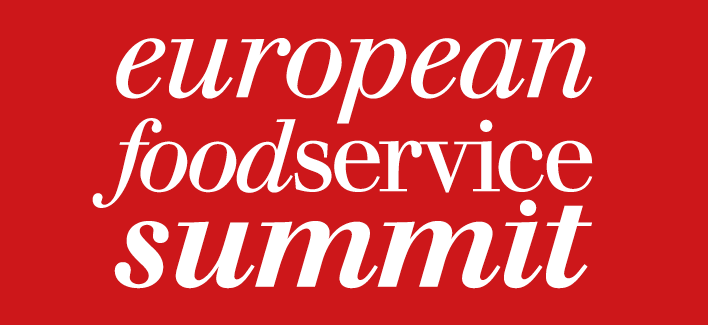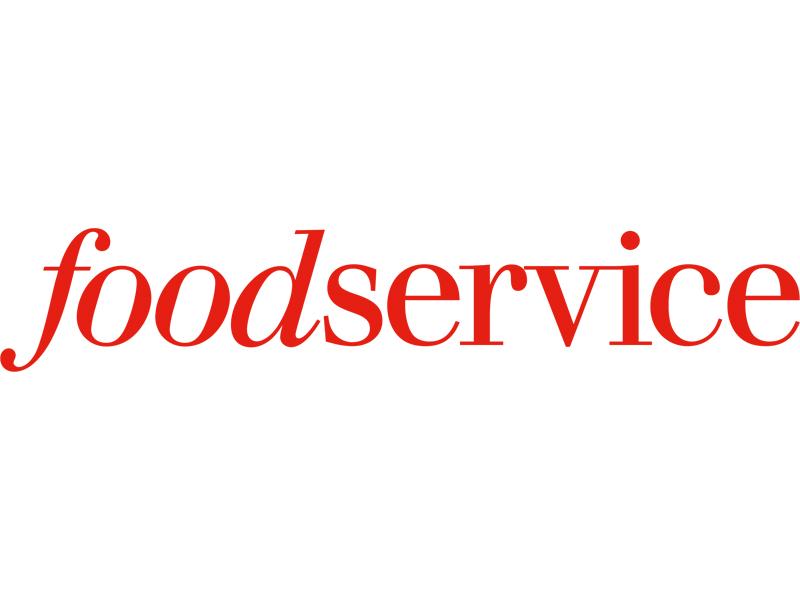Navigating inflation: a balancing act
 Inflation’s pervasive impact extends its reach into the heart of the restaurant industry, causing ripples throughout the supply chain. At the European Foodservice Summit in Zurich, Inga Blokker shed light on the multifaceted implications of this economic challenge.
Inflation’s pervasive impact extends its reach into the heart of the restaurant industry, causing ripples throughout the supply chain. At the European Foodservice Summit in Zurich, Inga Blokker shed light on the multifaceted implications of this economic challenge.
Inga Blokker, Director of the Dutch Foodservice Institute, presented findings from a comprehensive survey of over 300 foodservice professionals. These insights expose the industry’s prevailing uncertainty and caution in the face of current macroeconomic conditions. A glaring challenge, as Blokker emphasizes, is the stark discrepancy between the significant surge in food and beverage purchase prices (averaging +21%) and the notably lower uptick in food and beverage selling prices (+15%) over the past year. The outcome? Shrinking margins that create a dilemma for all stakeholders.
Tensions flare: strains in the relationship
These pricing pressures lead to tensions within the supply chain, sparking conflicts between suppliers and restaurateurs. In fact, a staggering 86% of suppliers and 80% of restaurateurs admitted to encountering occasional or frequent disputes, all fueled by the inflationary environment. Conflicts are further exacerbated when dealing with customers, as almost 80% of restaurateurs perceive their suppliers’ prices as exorbitant, while struggling to justify these costs to their patrons.
Revised purchase behavior
As a direct response to this tense situation, purchasing behavior is evolving. Restaurateurs, in particular, are honing in on cost-saving measures. Suppliers report that customers (restaurant owners) are now significantly more price-focused than in previous years (84%), gravitating towards lower-priced alternatives (downgrading 61%). Moreover, over half of gastronomic operators are delaying investments in new equipment, underlining the industry’s financial caution.
Navigating the inflation challenge
The quest for solutions in the face of inflation is top of mind for restaurateurs, with 76% considering price increases. However, this strategic move often accompanies a compromise on margins (52%) and a reluctance to invest (39%). Blokker cautions that this delicate balance raises concerns about the long-term sustainability of the industry.
The path forward: digital and sustainable
Both restaurateurs and suppliers are shifting their gaze towards digitization and sustainability as strategic anchors for the industry’s future. Blokker underscores that these two facets are poised to shape the landscape in the years to come, offering a glimmer of hope amid the challenges posed by inflation. In conclusion, she stresses, “there are still plenty of opportunities in the foodservice sector – for restaurateurs and their suppliers.”
Looking ahead to EFSS 2024
Mark your calendars for the 25th European Foodservice Summit, set to take place in Amsterdam on September 18 & 19.



